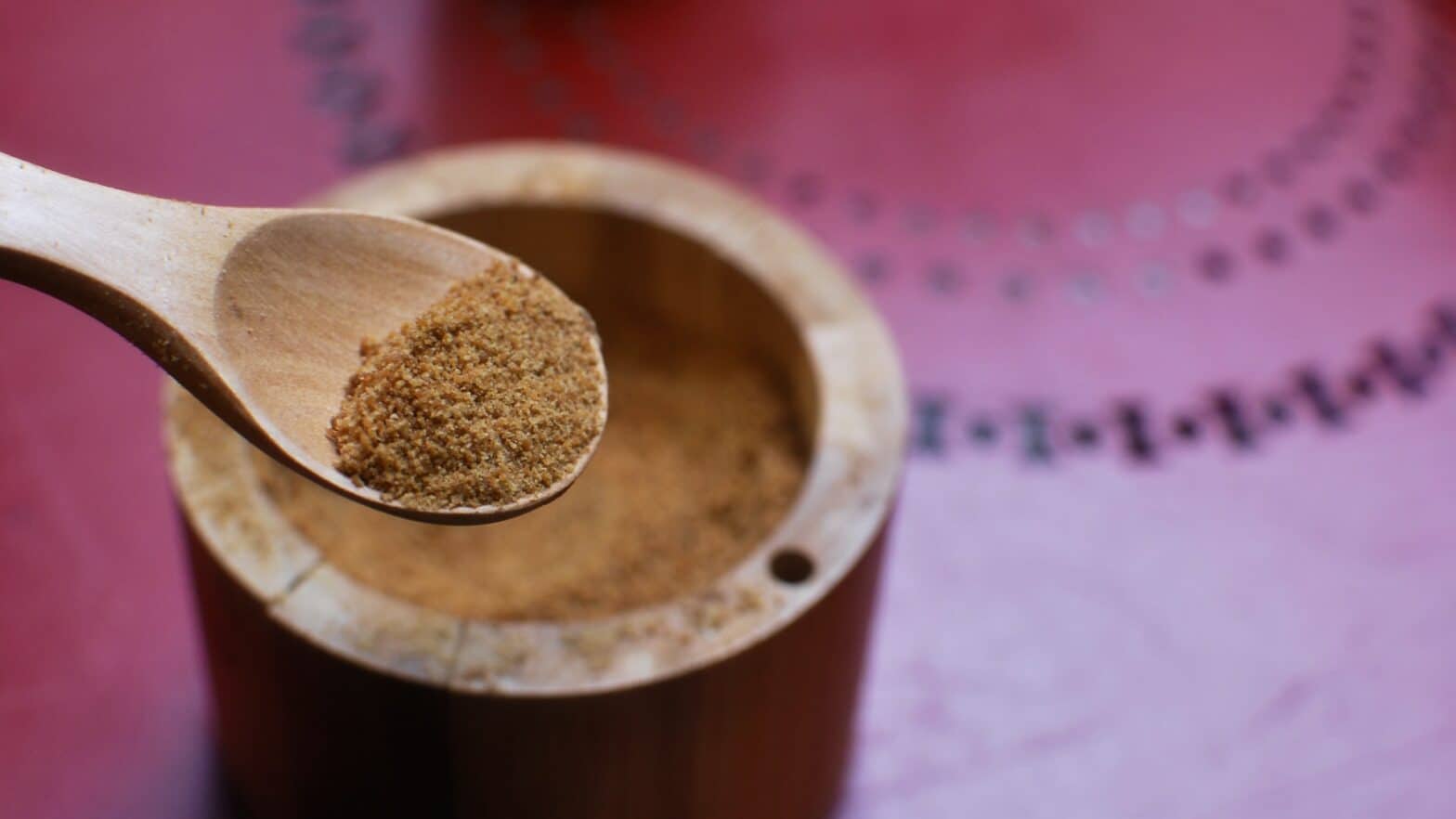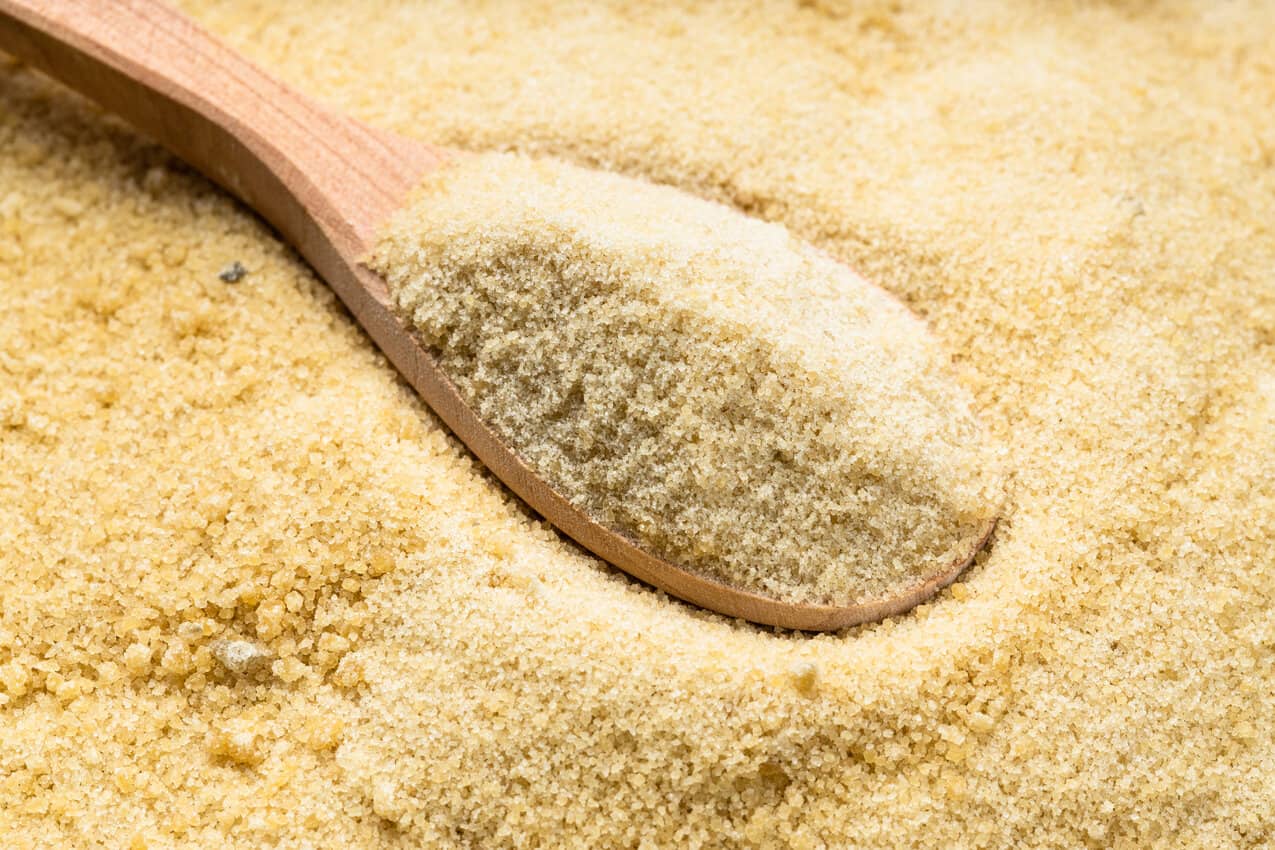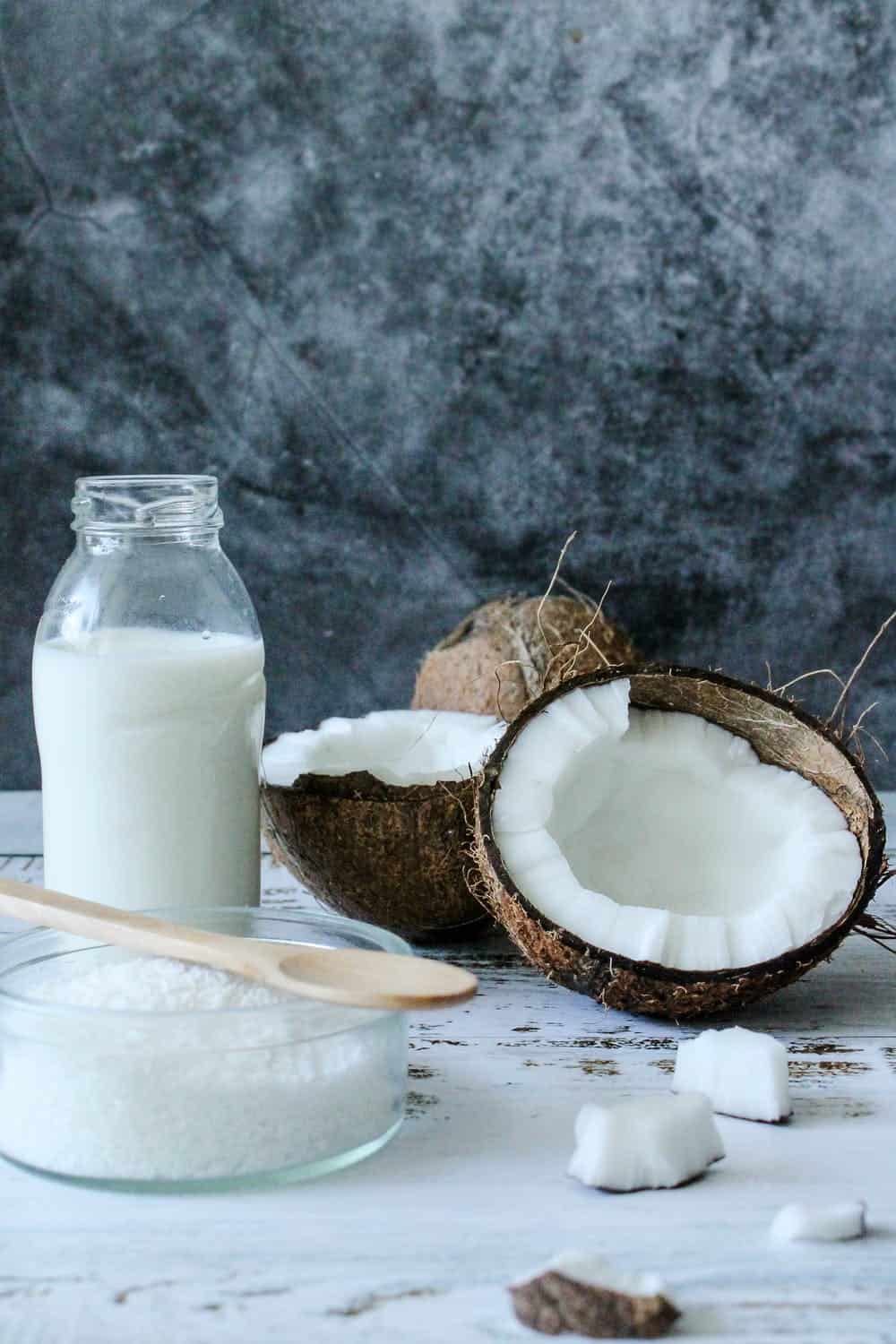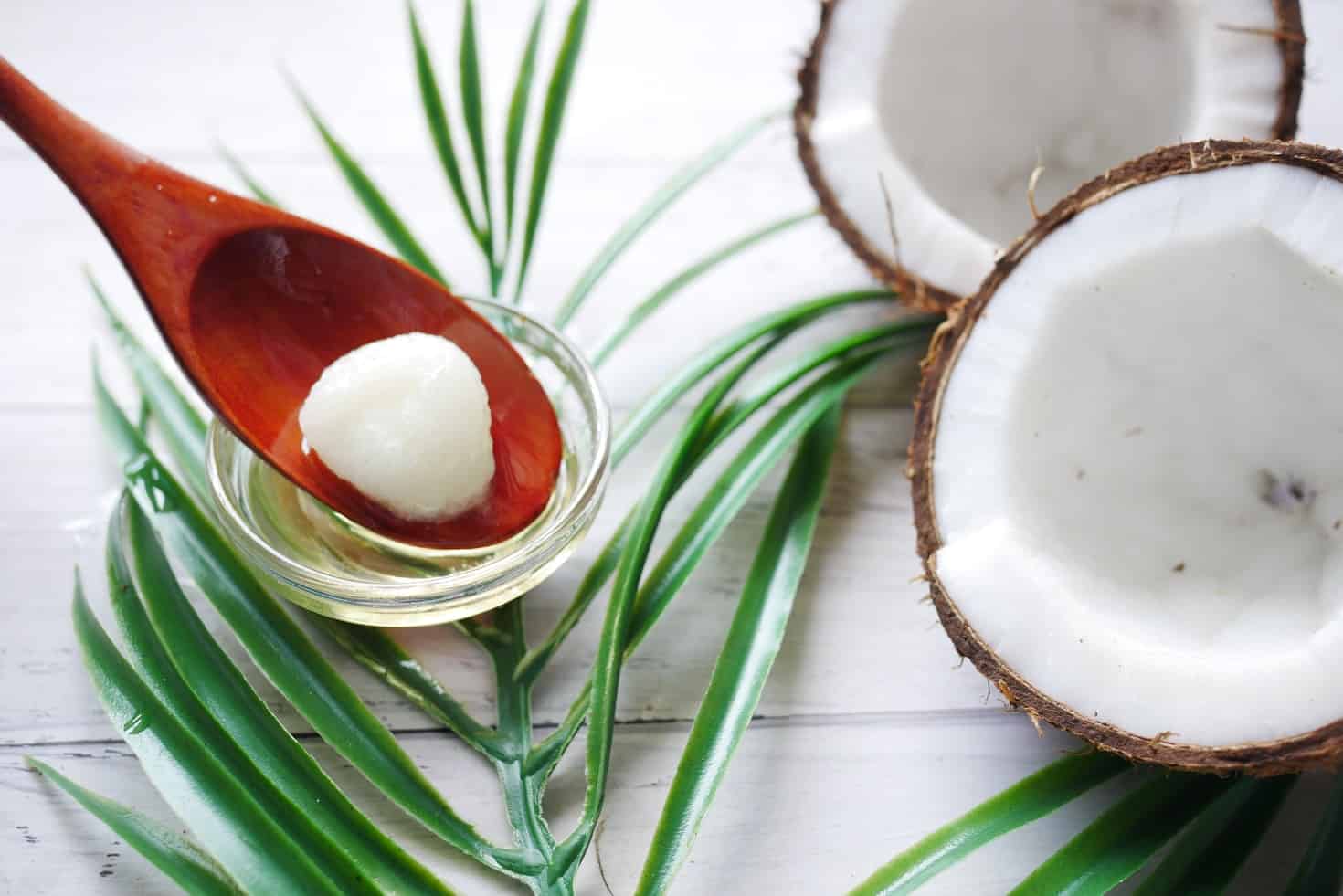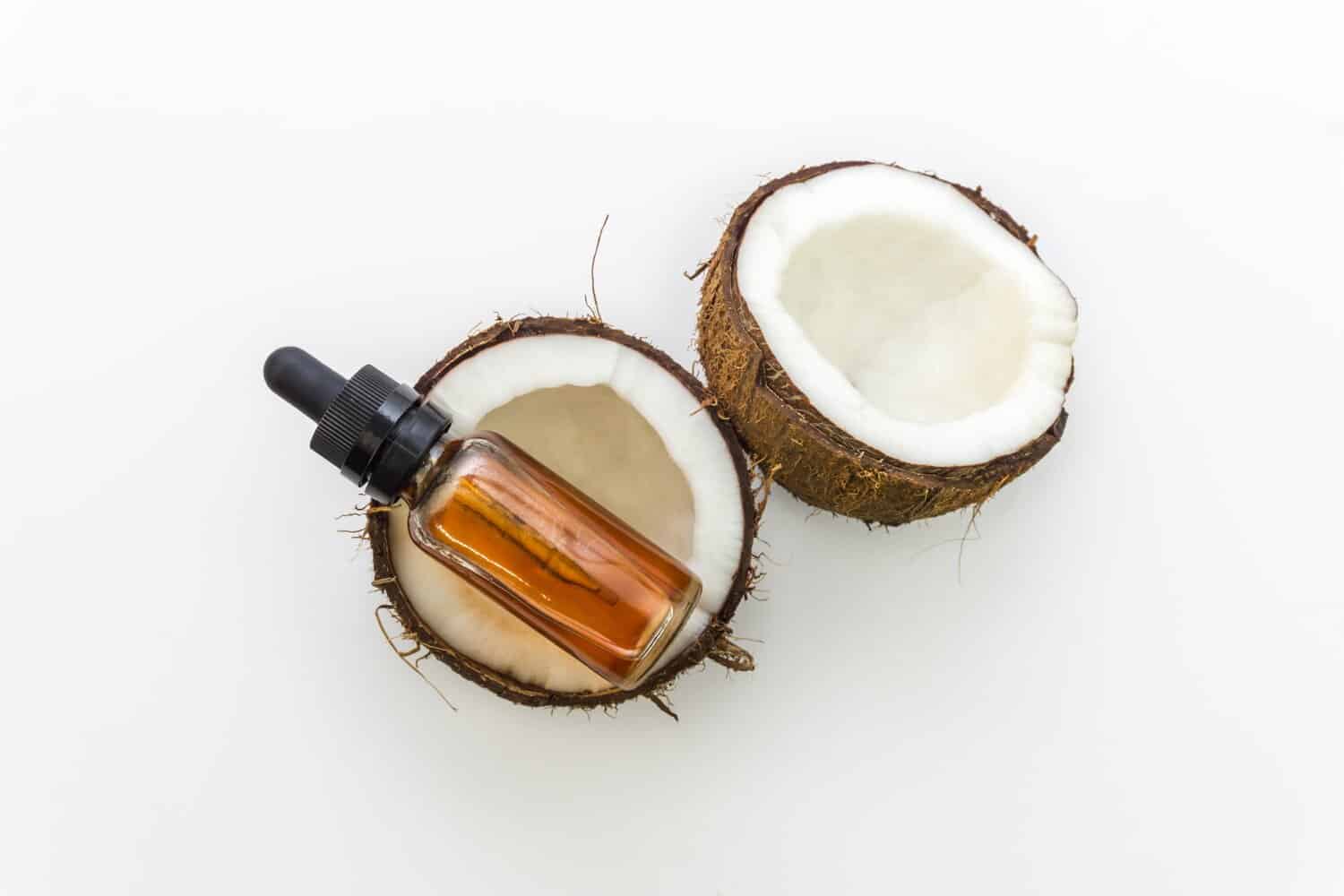Most people look for products with biodegradable packaging or those that do not pollute the water to practice their advocacy and call it a day. On the other hand, some look into the sustainability of how an item is made, like sugar, for example.
Sugar is an ingredient that almost everyone has in their pantries. It is excellent for cooking, baking, making desserts, mixing beverages, and more. However, sugar cane, the primary ingredient for table sugar, has a significant environmental impact that negatively affects an area’s biodiversity. There are a lot of more sustainable sugar alternatives to cane sugar. One of the most sustainable, not to mention healthiest, alternatives is organic coconut sugar.
How is coconut sugar a better and more sustainable sugar alternative? This article will discuss that and more.
What Makes Organic Coconut Sugar Sustainable?
Sustainability, in environmental science, aims to safeguard the natural environment and ecological health. All these are taken into consideration without compromising human health and way of life. In terms of sustainability, sugar cane may be one of the worst-performing sugar sources available.
Sugar cane is a water-intensive crop planted year-round and demands a lot of water regardless of the season. Irrigated canes draw more water away from water systems that reduce water flow for communities, animals, and other crops. Non-irrigated sugar canes still affect the water flow as it reduces water run-off from catchments into rivers and heavily draws water from groundwater sources.
Meanwhile, coconut sugar does not present the same problems that cane sugar does. Despite being available throughout the year like sugar canes, coconut trees require significantly less water and, therefore, do not reduce the water flow with or without irrigation.
What Makes Coconut Sugar Environment-Friendly?
Environmental destruction comes in two ways: pollution and extreme ecological manipulation. When making huge negative impacts on the environment, cane sugar production takes the cake.
Cane sugar production has resulted in pollution of water systems in the form of effluents and water sludge. Cane sugar planting also caused a great loss of habitat due to soil erosion and soil degradation in preparation for cane planting. The continuous need to uproot the crops and replant them for sugar production is not doing the environment any favors either.
Coconut sugar production does not pose the same issues that cane sugar production does. The production process does not develop effluents or water sludge as most productions are done inland. Soil erosion and degradation are not a problem since sugar production does not need to uproot and replant the trees every production cycle. In fact, coconut trees restore damaged soil.
How Is Coconut Sugar Sourced?
The way a sugar source is harvested also plays into its sustainability. Constant uprooting or retiring of crops can damage the soil’s protective layer and remove its nutrients—a common occurrence with cane sugar production.
Cane sugar production takes the whole sugar cane plant to be processed to produce table sugar. After harvesting the crops, workers would then strip the land in preparation for the new planting cycle.
Unlike cane sugar, the whole coconut tree does not need to be retired to produce the coco because the coconut tree’s sap is the raw ingredient. The sap is extracted by attaching a tap to a young coconut blossom. This only requires a small hole in the tree’s trunk and nothing more. The trees are left to mature, and as they grow, the sap is occasionally collected to be made into sugar.
Conclusion
Cane sugar is one of the cheapest and most available sugars in the market. However, it has a significant environmental impact throughout the production process. In contrast, coconut sugar does not have these issues.
Organic coconut sugar is a natural sugar that does not disrupt water flow to sensitive drought-prone areas, pollute the waters, and strip the land of its nutrients. Coconut sugar is a sugar alternative that can support your health goals and your sustainability and eco-friendly goals.
Ceylon Exports & Trading is one of Sri Lanka’s top coconut product exporters, offering high-quality organic coconut sugar, bulk organic coconut oil, and more. Browse our product catalog today!




